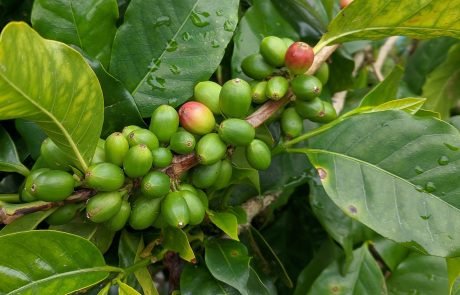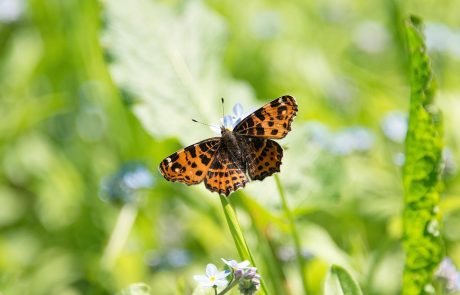A team of researchers from the University of East London, UK, developed a sustainable alternative to cement using shoreline waste, according to a study published in Construction Materials. The team
All posts in Environment
Long-term exposure to air pollution can reduce the health benefits of regular exercise, according to a study by an international team including UCL (University College London) researchers. The study, published
Microplastics are colonised by pathogenic and antimicrobial-resistant bacteria, making them more dangerous than previously believed, according to a study published in the journal Environment International. The authors call for urgent
Vegan diet cuts carbon emissions by 46% and land use by 33%, while still delivering virtually all essential nutrients, according to a study published in the journal Frontiers in Nutrition.
A team of researchers from the University of Cambridge has developed a way to assess the impact of what we eat on the survival of other species around the world,
Extreme conditions, including the heat waves of the last few years, significantly increase the risk of wildfire incidents, according to a study published in the journal Communications Earth and Environment.
Winds on Mars reach much higher speeds than previously assumed, according to a study published in Science Advances. Despite the thin atmosphere on Mars, some winds are central to the
The production and distribution of chemicals has increased so much in the past few years that our regulatory and risk assessment procedures can’t keep up, according to a study published
Warming and climate change may lead to less frequent but more devastating hailstorms, according to a study published in Nature Communications. A team of researchers from Newcastle University and the
Britain’s insect populations are not collapsing as previously believed, according to a study published in Nature Communications. However, it’s not all good news. While some species hold steady, many suffer









